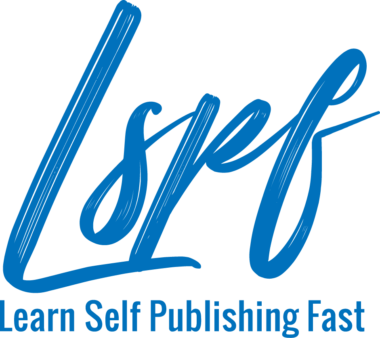With the expansion of publishing into the online world, it is much easier these days to copy and plagiarize someone’s work.
Self-publishers don’t have the backing of large publishing houses, so they must deal with all the legal stuff on their own. It is harder for them to protect themselves when faced with things like plagiarism. Lawyer and writer, Helen Sedwick, goes into these issues and offers ways to protect your writing below.
Suppose you own a classic, red sports car. You love your car, so you install a high-tech alarm system and a locking bar.

Pic: Creative Commons, Turbo Jams, esq.
You are also careful about who drives your car. No newbie drivers. No irresponsible bozos. No strangers who might drive it off to never-never land.
Do you know how to protect your writing as well as you protect your car?
Tips on protecting your writing
Creative works are intellectual property and deserve protection, just like your car or your home. While you can’t install a lock on your work, there are steps you can take to discourage content theft. Here are a few:
- Mark the work with a copyright notice. Even though notice is no longer required for a copyright to be valid, marking your work with a copyright notice is a good idea. It lets the world know that you claim ownership of the work. Notice also makes it easier for people to contact you to ask permission to publish or reuse your work.
- Register the copyright with the U.S. Copyright Office. For $35, registration is a cheap way to get a lot of legal advantages. You can’t sue someone for infringement without registering the copyright. If you register within three months following the first publication of the work, you may recover attorneys’ fees and statutory damages. Non-U.S. writers may also register their work with the U.S. Copyright office. Registration provides evidence of ownership and may be required to sue someone in the U.S.
- Set up Google Alerts, not just for your name, but for a string of unique words in your work. Subscribe to Mention and similar sites for web scanning services. That way you’ll be alerted if your words appear online.
- Insert links. Put links in your work that direct people to your blog or website. Many analytics software will notify you of “ping backs.” By looking at those, you’ll see who’s displaying your links.
- Learn how to send DMCA take-down notices. If your work appears online, send a take-down notice. In most cases, the infringing work will be removed and you won’t need a lawyer.
- Keep up with technology. Various tools help writers disable right-clicks, watermark their work, and imbed devices for alerting them of postings. Research the options. They change every week.
Don’t hand over the keys.
All the security tricks won’t help you if you sign a contract that gives away all your rights. Sadly, many writers do just that.
As I describe in my post What’s the Worst Mistake an Author Can Make?, some publishing companies have over-reaching contracts. I know of small publishers that barely have the capacity to publish print books in English. Yet they expect writers to sign contracts that give them exclusive rights to the authors’ work in all languages, all formats (including ebook, audio, film, dramatizations, etc.) for the life of the copyright. That’s the life of the author plus 70 years!
In other words, they are taking the keys to the car and never have to give them back.
Any writer who can handle plot, voice, pacing and other writing skills can and should learn how to read and negotiate key terms of a contract. I give various examples in How to Spot a Rights Grab. And there are books and websites full of advice. One trick is to search for danger words like Assignment or Exclusive or Perpetual.
And to keep a good hold on the keys to your work.
About Helen Sedwick:

Lawyer and writer Helen Sedwick uses thirty years of experience to keep writers out of court and at their desks. Publisher’s Weekly lists her Self-Publisher’s Legal Handbook, as one of the top five resources for independent authors. Her blog coaches writers on everything from saving on taxes to avoiding scams. For more information about Helen, check out her website at http://helensedwick.com.
Disclaimer: Helen Sedwick is an attorney licensed to practice in California only. This information is general in nature and should not be used as a substitute for the advice of an attorney authorized to practice in your jurisdiction.


Comments